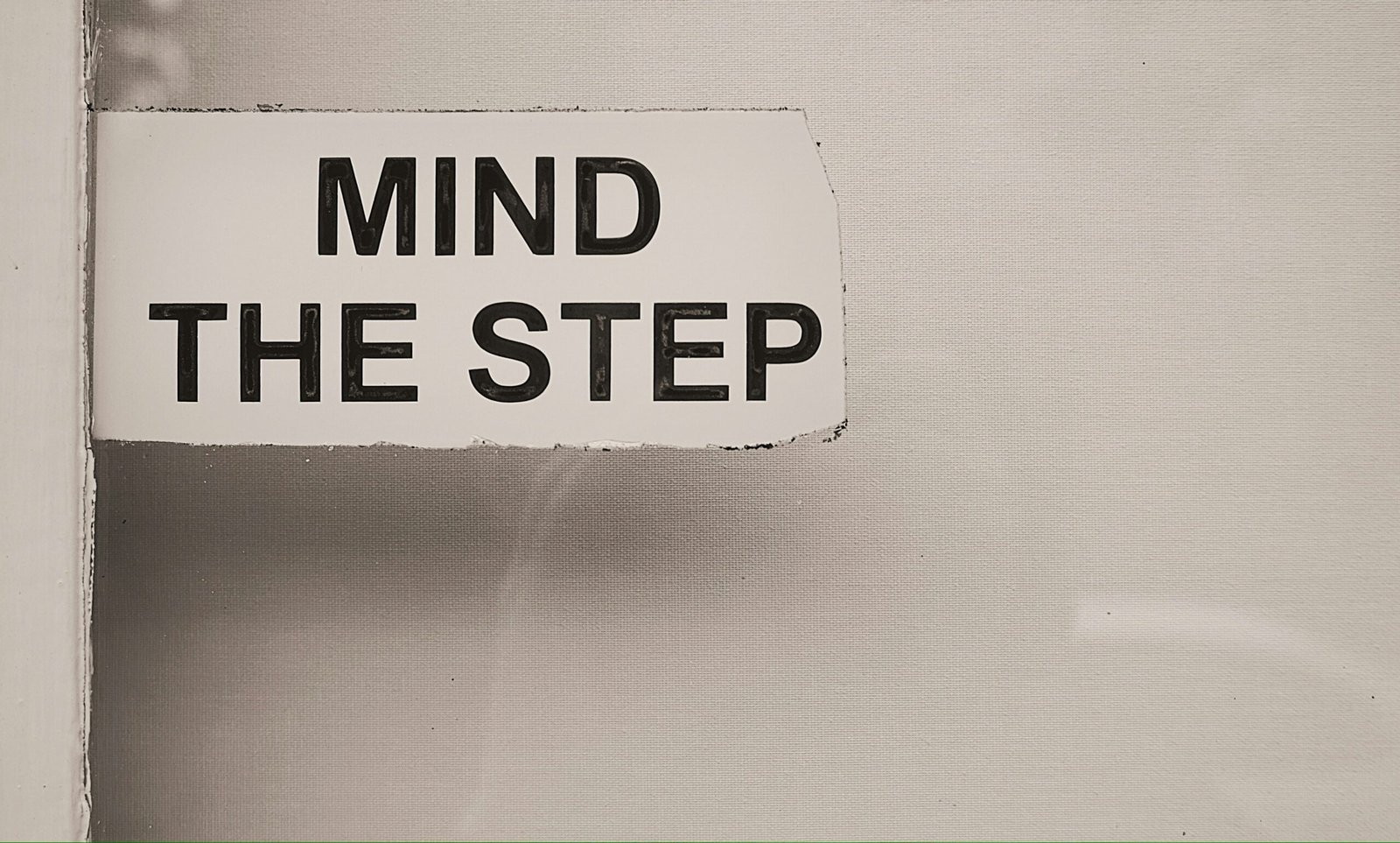Understanding the Importance of a Dog Bite Lawyer
When faced with the aftermath of a dog bite, the importance of hiring a specialized dog bite lawyer cannot be overstated. Dog bite laws are intricate and vary significantly from state to state, making it challenging for victims to navigate the legal landscape on their own. A knowledgeable dog bite lawyer is well-versed in these variances and can adeptly guide victims through the complexities of their case.
The consequences of a dog bite extend far beyond the immediate physical injuries. Victims often endure severe emotional trauma and significant financial burdens. Medical treatments can be costly, and the need for ongoing care, including physical therapy and psychological support, can further exacerbate these expenses. A dog bite lawyer plays a critical role in ensuring that victims receive the necessary medical treatments and psychological support to aid in their recovery.
Moreover, a specialized lawyer is instrumental in securing just compensation for the victim’s suffering. This includes not only the cost of medical bills but also compensation for lost wages, pain and suffering, and any long-term impacts on the victim’s quality of life. Dog bite lawyers are skilled in negotiating with insurance companies, who often aim to minimize payouts, to ensure that victims receive a fair settlement.
In essence, a dog bite lawyer serves as an advocate for the victim, providing the legal expertise needed to navigate the complexities of dog bite laws, securing vital medical and psychological support, and ensuring fair compensation. Their role is indispensable in helping victims rebuild their lives and recover from the multifaceted repercussions of a dog bite incident.
When seeking legal representation for a dog bite case, identifying the right dog bite lawyer is crucial. Key qualities and qualifications can profoundly impact the outcome of your case. First and foremost, consider the lawyer’s experience in handling dog bite cases specifically. Experience in this niche ensures the lawyer is well-versed in the complexities of such cases, including understanding the nuances of liability and the defenses that may be raised.
Familiarity with local laws and regulations is equally important. Dog bite laws can vary significantly from one jurisdiction to another, and a lawyer who is knowledgeable about local statutes and ordinances will be better equipped to navigate your case. This regional expertise can help in leveraging the most effective legal strategies tailored to your situation.
A lawyer’s track record in securing favorable settlements or verdicts is another critical factor to consider. A history of successful outcomes demonstrates proficiency and a strategic approach to resolving cases. Reviewing a lawyer’s past cases and results can provide insight into their ability to advocate effectively on behalf of their clients.
Good communication skills and a client-focused approach cannot be overstated. Effective communication ensures that you are kept informed about the progress of your case and understand the legal proceedings. A lawyer who demonstrates empathy and prioritizes your concerns will provide a more supportive and reassuring experience during a potentially stressful time.
Conducting a thorough background check is essential. Start by reading reviews and testimonials from past clients, which can offer valuable perspectives on the lawyer’s reliability and professionalism. Additionally, consider consulting with former clients directly to gain a deeper understanding of their experiences. This due diligence can help you make an informed decision and select a dog bite lawyer who is well-equipped to handle your case with competence and care.
The Legal Process: What to Expect When Filing a Dog Bite Claim
Filing a dog bite claim involves several crucial steps that ensure your case is thoroughly examined and properly handled. The initial phase begins with a consultation with a dog bite lawyer. During this meeting, the lawyer will gather detailed information about the incident, including the circumstances surrounding the dog bite, the extent of your injuries, and any immediate actions taken post-incident. This case evaluation helps the lawyer determine the viability of your claim and the best course of action.
Documentation is a critical component of building a strong case. Your lawyer will emphasize the importance of meticulously documenting your injuries and gathering evidence. This evidence includes medical records that detail the treatment and prognosis of your injuries, witness statements that corroborate your account of the incident, and photographs that visually capture the extent of your injuries and the scene of the attack. Such documentation fortifies your position and aids in securing a favorable outcome.
The next stage involves negotiations with insurance companies. A seasoned dog bite attorney will engage with the insurer on your behalf, leveraging the collected evidence to argue for a fair settlement. This negotiation phase is often complex as insurance companies may attempt to minimize their payout. Your lawyer’s expertise in handling such negotiations is crucial to ensure you receive adequate compensation for your injuries and associated costs.
If a settlement cannot be reached through negotiations, your lawyer will proceed with filing a lawsuit. This initiates the litigation process, starting with the discovery phase where both parties exchange pertinent information and evidence. Following discovery, the case may proceed to trial, where the evidence is presented before a judge or jury. Your lawyer will argue your case, aiming to prove liability and secure a judgment in your favor.
Should the trial result be unfavorable, there is the potential for appeals. An appellate process involves a higher court reviewing the trial’s proceedings for legal errors. Your dog bite lawyer will guide you through each stage, ensuring your rights are protected and advocating for the best possible outcome.
Maximizing Your Compensation: Tips and Strategies
When pursuing a dog bite claim, understanding the types of damages you can claim is crucial for maximizing your compensation. These damages typically include medical expenses, lost wages, pain and suffering, and, in some cases, punitive damages. Medical expenses encompass all costs related to treating the injury, from emergency room visits to rehabilitation sessions. Lost wages cover income lost during your recovery period, while pain and suffering account for the physical and emotional distress caused by the incident. Punitive damages, although less common, may be awarded if the dog owner’s conduct was particularly reckless or malicious.
Thorough documentation is vital for substantiating your claim. Keep detailed records of all medical bills, receipts, and any correspondence related to the incident. This includes documenting your injuries through photographs and maintaining a journal that describes your pain levels, emotional state, and how the injury has impacted your daily life. Such meticulous record-keeping can significantly strengthen your case.
Working closely with your dog bite lawyer is essential. A skilled lawyer will guide you through the claims process, help you gather necessary evidence, and advise on the best course of action. Communication is key; ensure you provide your lawyer with all relevant information and updates about your medical condition. This collaborative approach helps build a robust case and increases your chances of receiving fair compensation.
Expert witnesses can play a pivotal role in supporting your claim. Medical professionals can provide testimony regarding the severity of your injuries and the long-term impact on your health. Animal behaviorists can offer insights into the dog’s behavior, which may be crucial in establishing the owner’s liability. These expert opinions can add substantial weight to your case.
Finally, be aware of shared fault laws, which can affect your compensation. In some jurisdictions, if you are found partially responsible for the incident, your compensation may be reduced. To mitigate any claims of contributory negligence, follow all safety guidelines around unfamiliar dogs, and document any evidence that proves you were not at fault. By understanding these legal nuances and working closely with your lawyer, you can effectively navigate the complexities of a dog bite claim and maximize your compensation.


